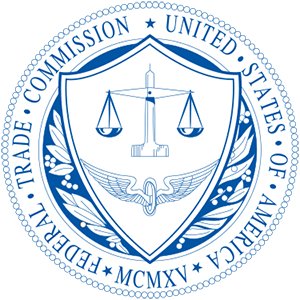
In September, the Federal Trade Commission took a milestone action—it filed its first-ever complaint against two social media influencers for nondisclosure of a material connection to a product they were touting. In this case, the agency targeted two widely followed names in the gaming world, who repeatedly talked up a gaming company without disclosing they owned part of it. The two sides subsequently came to a settlement, which commits them to full disclosure on future posts.
Given how widespread nondisclosure is and how long this has been going on, one enforcement action doesn’t seem like much. (There doesn’t even seem to be a fine involved.) But it, along with the growing pile of warning and education letters the FTC has been sending out to noncompliant influencers, shows the agency is starting to take a harder line against social media celebrities who endorse products without letting their followers know they are getting paid to do so.
Sure, in some cases, these sponsorships are an open secret. But according to the FTC, they shouldn’t be a secret at all.
In the agency’s view, if you are getting paid to tout something, you are no longer just sending out an Instagram post or a tweet. You are sending out an ad, and it must be disclosed as such, in a clear and conspicuous way. And like any kind of law, the detail matters here, particularly the definitions of clear and conspicuous.
For instance, platforms like Instagram now offer tools to provide the necessary disclosures. That would seem to solve the problem. And yet the FTC has said those tools aren’t always good enough. “A viewer may not spot a disclosure placed above the picture or off to the side,” the agency said. “The ultimate responsibility for making clear disclosures is yours.”
Sometimes, influencers offer quick disclosures in hashtags, like #thanks, #collab, #sp, #spon, or #ambassador. That doesn’t work either, says the FTC. “When disclosing a material connection to a brand, use language that’s clear and unmistakable. It’s unlikely that abbreviations, shorthand, or arcane lingo will communicate the disclosure effectively to consumers.” (The FTC’s guidance on endorsements can be seen here.)
Influencer marketing is a relatively new but growing field, and many jewelers have hopped on board. Like any new field, the rules around it are evolving. Still, the safest route for jewelers doing marketing is the same rule they should follow when selling the product: When in doubt, disclose.
- Subscribe to the JCK News Daily
- Subscribe to the JCK Special Report
- Follow JCK on Instagram: @jckmagazine
- Follow JCK on X: @jckmagazine
- Follow JCK on Facebook: @jckmagazine